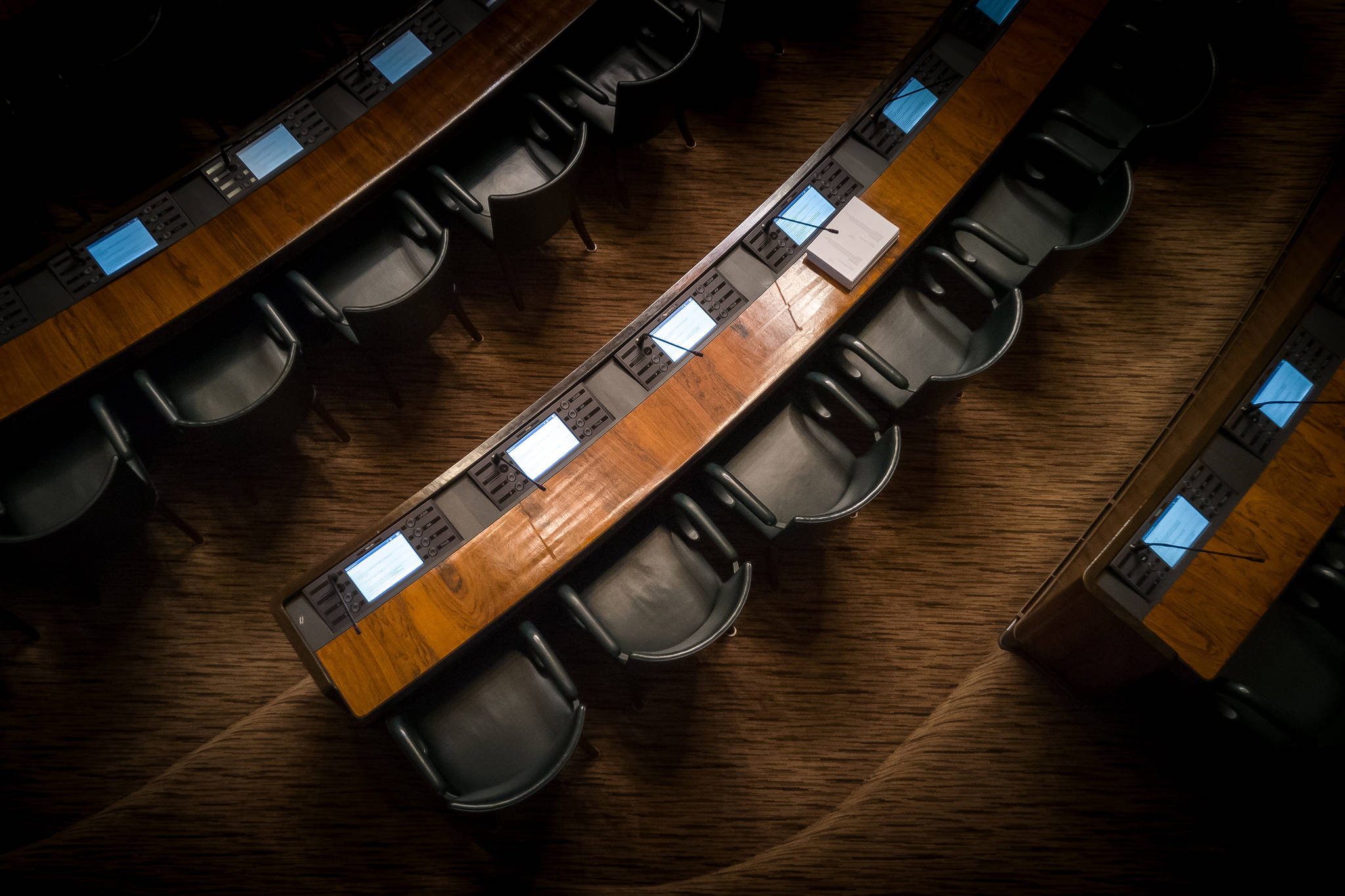Generally speaking, I’m quite skeptical of politicians, especially democrats Democrats (full disclosure: ironically, I am the vice-president for of the Anchorage Democrats).
One day, while waiting in line at the bookstore, I received a call from an unknown number. It was Debra Call. As one of the co-hosts for a fundraiser she had called to thank me. A courtesy call turned into a 15-minute conversation ranging from the high cost of living, climate change and the need to provide a healthy and sustainable planet for future generations. Admittedly I was caught off guard by her down-to-earth candor. It felt like having a conversation with a friend. Needless to say I began to question my skepticism about Mark Begich and Call.
What I find truly inspiring and authentic about Begich and Call is their ability to have an honest discussion around issues that affect Alaskans. I asked Begich about the high cost of child care, low wages and rising tuition costs at the University of Alaska Anchorage. He spent 20 minutes throughly and meticulously answering my questions. I have never heard a politician talk about the high cost of child care like Begich did. As a single parent and low wage earner, I’ve had to choose between paying my rent or paying for child care. I’m lucky because my family can sometimes help out but I know that many of my fellow parents are not. That is why when the Begich platform called for prioritizing universal pre-K, my skepticism completely disappeared and I started listening. I’m also fortunate enough that both myself and my son have health care through (veterans healthcare and Indian Health Services). While Mike Dunleavy opposed medicare Medicaid expansion and the Walker/Mallott unity ticket expanded Medicare/Medicaid, it was Begich who worked on getting the Affordable Care Act passed.
As an Alaskan, a parent, an Iraq War Veteran, a person of color and a Democratic socialist I will be voting for Begich and Call. Because not only do they represent the values I want to see in government, they also are part of a larger breaking story about the state of politics in Alaska. There is a progressive revolution unfolding, rippling through Alaska’s working class as candidates like Begich and Call speak to the issues that matter to the majority of Alaskans. It’s just starting and the foundation of this movement is only beginning to take shape but it’s there and it will only get bigger. I believe that Begich and Call are a part of this movement. The days of transactional politics and settling for the “safe vote” are coming to an end three-way race with a hugely unpopular incumbent is a good time to catalyze this momentum and build power for working people in this state. Being elected through fear is a thing of the past. This election will effect Alaskans for decades and with a federal government attacking the press, immigration, the environment and even diversity as an American virture, it’s important that we have little choice but to elect a Governor and Lt. Governor that will stand up for every Alaskan, our salmon and the environment.
There is much debate around the electability of Mark Begich and Debra Call. They are the only candidates offering a positive vision of Alaska’s the future. If you consider yourself a part of this race, we have a rare opportunity to progressive revolution, then vote your values not rather than your fears. Alaska is experiencing a difficult time and with the state’s economic woes, the urge to glorify the past or the stay the course is strong. But things have to change and we have to have the courage to change them. On Nov. 6, I know that Begich and Call will be elected. Begich and Call can be elected because they are the only candidates who speak to the issues that affect working-class Alaskans like me, people who are otherwise skeptical of, and those who are routinely written off politics as usual. The progressive revolution has come to Alaskais here; what side of history will you be on?
• Michael Patterson resides in Anchorage. My Turns and Letters to the Editor represent the view of the author, not the view of the Juneau Empire.

